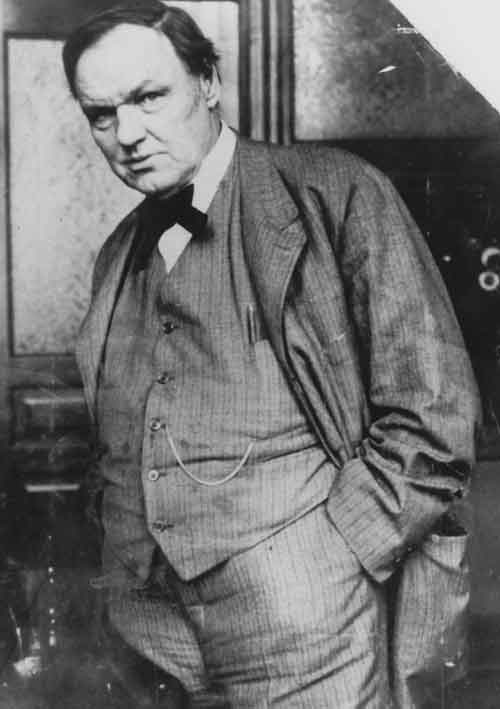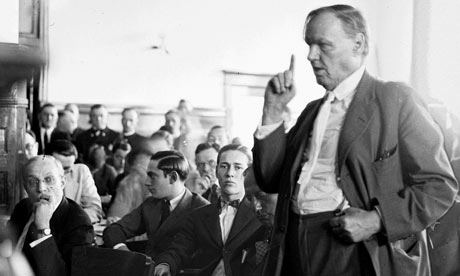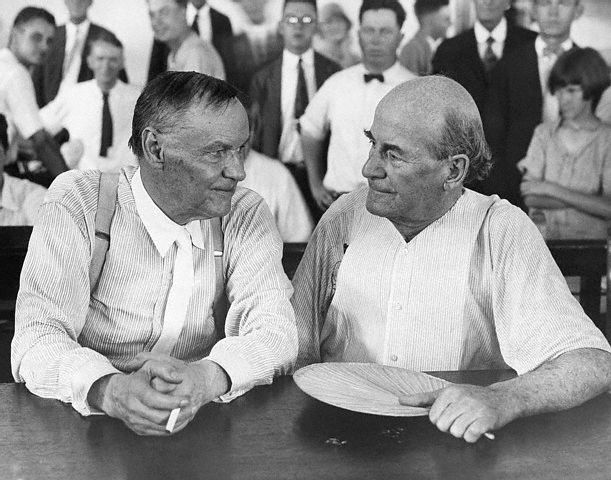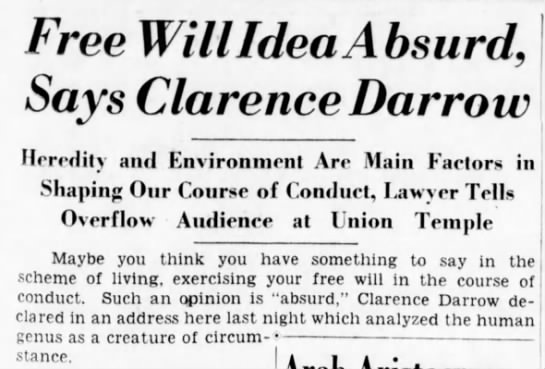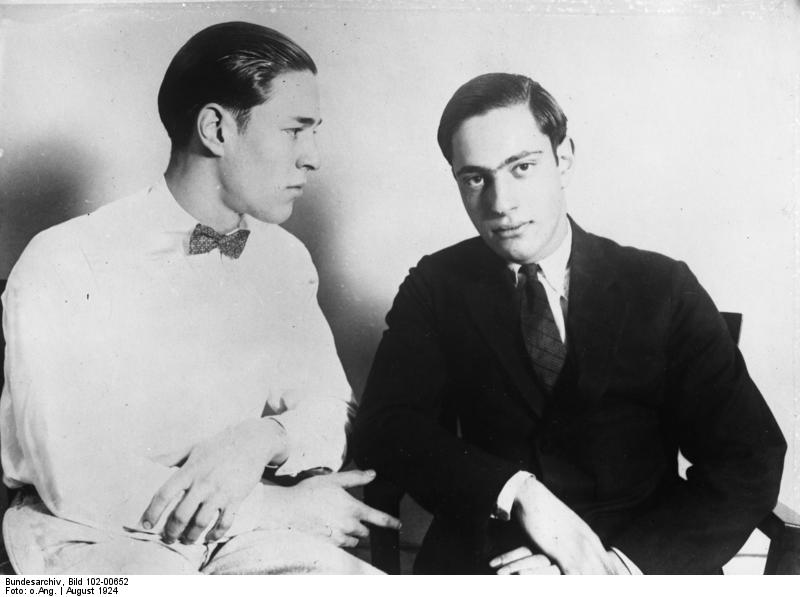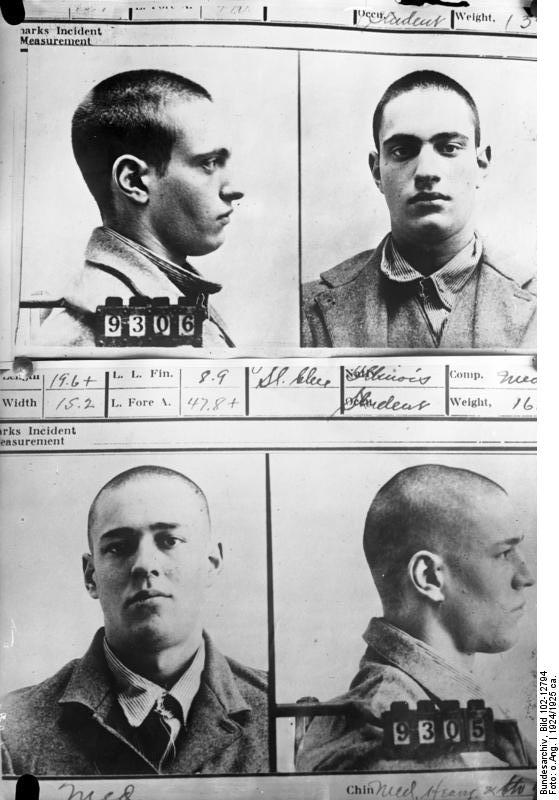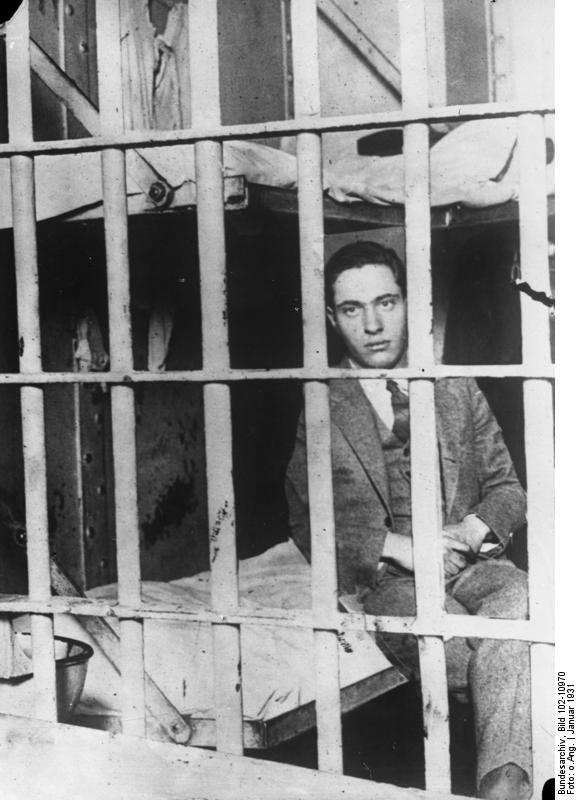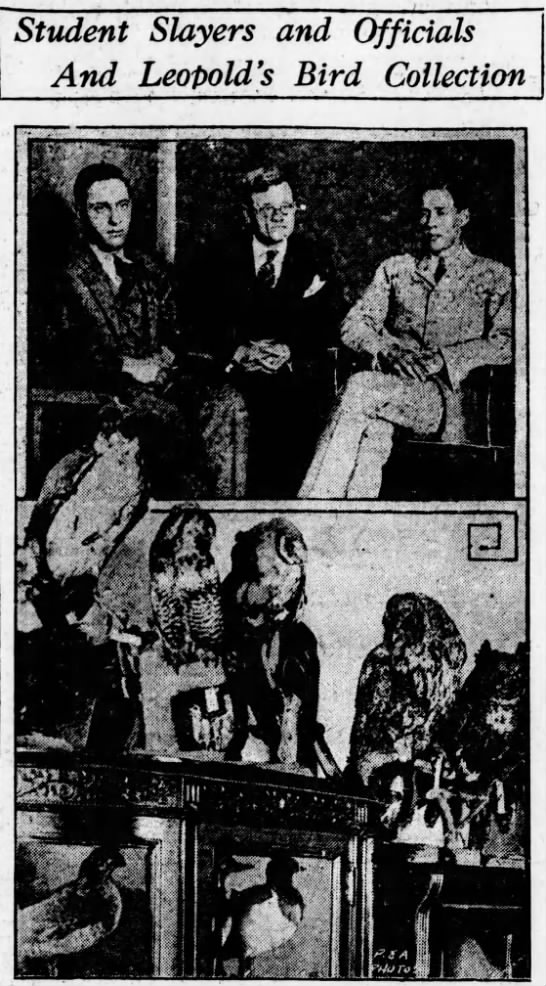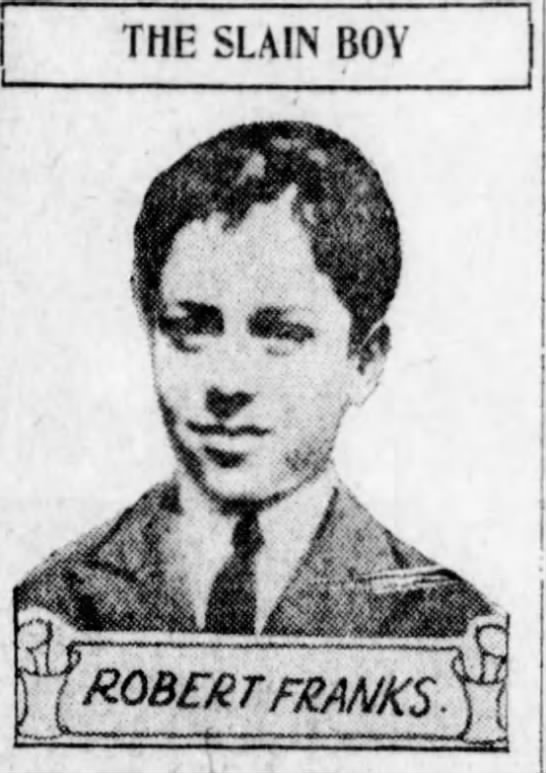Famed attorney Clarence Darrow was an extremist when it came to criminality, believing in circumstance but not culpability. He saw criminals the way the writer of a naturalist novel views characters, as prisoners of nature and nurture, incapable of circumventing either. Based on the remarks he made as reported in an article in the April 4, 1931 Brooklyn Daily Eagle, Darrow would have treated all misdeeds as maladies, the perpetrators receiving treatment in hospitals rather than stretches in prison.
You are currently browsing articles tagged Clarence Darrow.
Tags: Clarence Darrow
Even in the wake of the twin horrors of World War I and a global flu pandemic, the crimes of Nathan E. Leopold Jr. and Richard Loeb couldn’t be easily comprehended. In 1924, the gifted, wealthy sons of the best of everything Chicago society had to offer, kidnapped and murdered 14-year-old Robert Franks for the “thrill” of it all. It was nothing personal–they knew and liked the lad–they just desired to commit the “perfect crime.” Once arrested, the pair confessed to the premeditated brutality and were defended by Clarence Darrow, who kept them from the death house. Loeb was killed by a fellow prisoner, while Leopold was paroled in 1958 and subsequently moved to Puerto Rico, where he worked in medicine and education. Theories abounded at the time as to what drove their heinous act: poor parenting, improper moral education, overindulgence, an infatuation with science, manic depression, paranoia, sexual perversion, even too much Nietzsche. But it was likely a confluence of factors forever bound in a knot. The below article is from the June 1, 1924 Brooklyn Daily Eagle:
Tags: Clarence Darrow, Leopold and Loeb, Nathan E. Leopold Jr., Richard Loeb, Robert Franks
“It’s All About the Fabulous Monkey Trials That Rocked America!” screamed the tag line for Inherit the Wind, the 1960 Stanley Kramer drama about the Scopes Monkey Trial of 1926. Like most people, I always assumed that Scopes was a simple battle between evolutionists and creationists. Clarence Darrow liked logic and William Jennings Bryan hated monkeys.
But according to Stephen Jay Gould’s essay, “William Jennings Bryan’s Last Campaign,” included in the late Queens-born paleontologist’s finest collection, Bully for Brontosaurus, it wasn’t quite that simple. While anyone who has even a shred of logic in their head accepts evolution, the textbook at the center of that trial was truly odious. Tennessee high-school teacher John Scopes taught from A Civic Biology by George William Hunter, which wasn’t exactly the enlightened tome. An excerpt from Gould’s essay, in which he quotes verbatim from Hunter’s disturbing writing about the poorer classes in the United States:
Hundreds of families, such as these described above exist today, spreading disease, immorality and crime to all parts of this country. The cost to society of such families is very severe. Just as certain animals or plants become parasitic on other plants and animals, these families become parasitic on society. They not only do harm to others by corrupting, stealing or spreading disease, but they are actually protected and cared for by the state out of public money. Largely for them the poorhouse and asylum exist. They take from society, but they give nothing in return. They are truly parasites.
If such people were lower animals, we would probably kill them off to prevent them from spreading. Humanity will not allow this, but we do have the remedy of separating the sexes in asylums or other places and in various ways preventing intermarriage and the possibilities of perpetuating such a low and degenerate race.•
Tags: Clarence Darrow, George William Hunter, Stanley Kramer, Stephen Jay Gould, William Jennings Bryan

